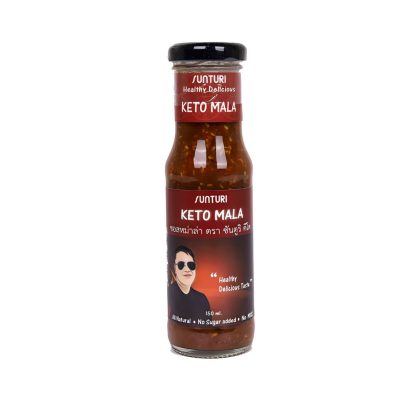Answer: No, pasta is not considered keto-friendly. The high carbohydrate content makes it unsuitable for those following a strict ketogenic diet.
The key reason pasta isn’t keto-friendly is its carbohydrate content, which far exceeds the keto diet’s daily carb allowance:
- High in Carbohydrates: Traditional pasta contains around 30.86g of carbohydrates per 100g, which is significantly higher than the recommended daily limit for those on a ketogenic diet.
- Low in Fat: Pasta has a very low fat content (0.93g per 100g), which is not ideal for a diet that requires high fat intake like the ketogenic diet.
- Protein Content: Although pasta has some protein (5.8g per 100g), it’s not enough to make pasta a suitable option for keto diet.
- Dietary Fiber: Pasta does provide dietary fiber (1.8g per 100g), but the high carb content still makes it a poor choice for anyone on a ketogenic diet.
In conclusion, while pasta may be a beloved staple in many cuisines, it does not fit into a keto-friendly diet due to its high carbohydrate and low fat content. To maintain a state of ketosis, it’s essential to choose foods that are high in fat, moderate in protein, and very low in carbohydrates – unfortunately, pasta does not meet these criteria.
Low-Carb Alternatives to Pasta
There are many low-carb alternatives to pasta available, such as protein and shirataki (konjac) noodles, which are much more suitable for a keto diet.
Here are some low-carb noodle products you can find on Ketogrocer:
Nutrition Facts
Serving Size100
- Amount Per ServingCalories158
- % Daily Value *
- Total Fat
0.93g
2%
- Saturated Fat 0.18g 1%
- Cholesterol 0mg 0%
- Sodium 1mg 1%
- Potassium 44mg 1%
- Total Carbohydrate
30.86g
12%
- Dietary Fiber 1.8g 7%
- Total Sugars 0.56g
- Protein 5.8g 12%
* The % Daily Value tells you how much a nutrient in a serving of food contributes to a daily diet. 2,000 calories a day is used for general nutrition advice.

